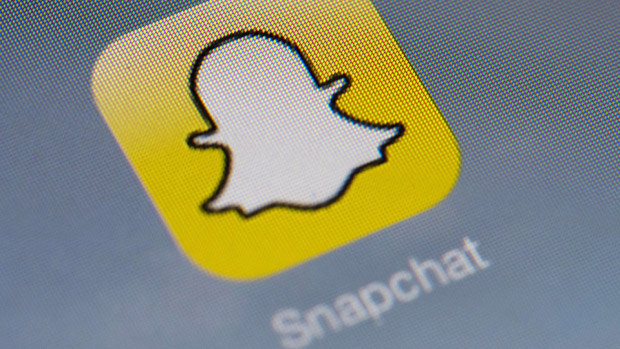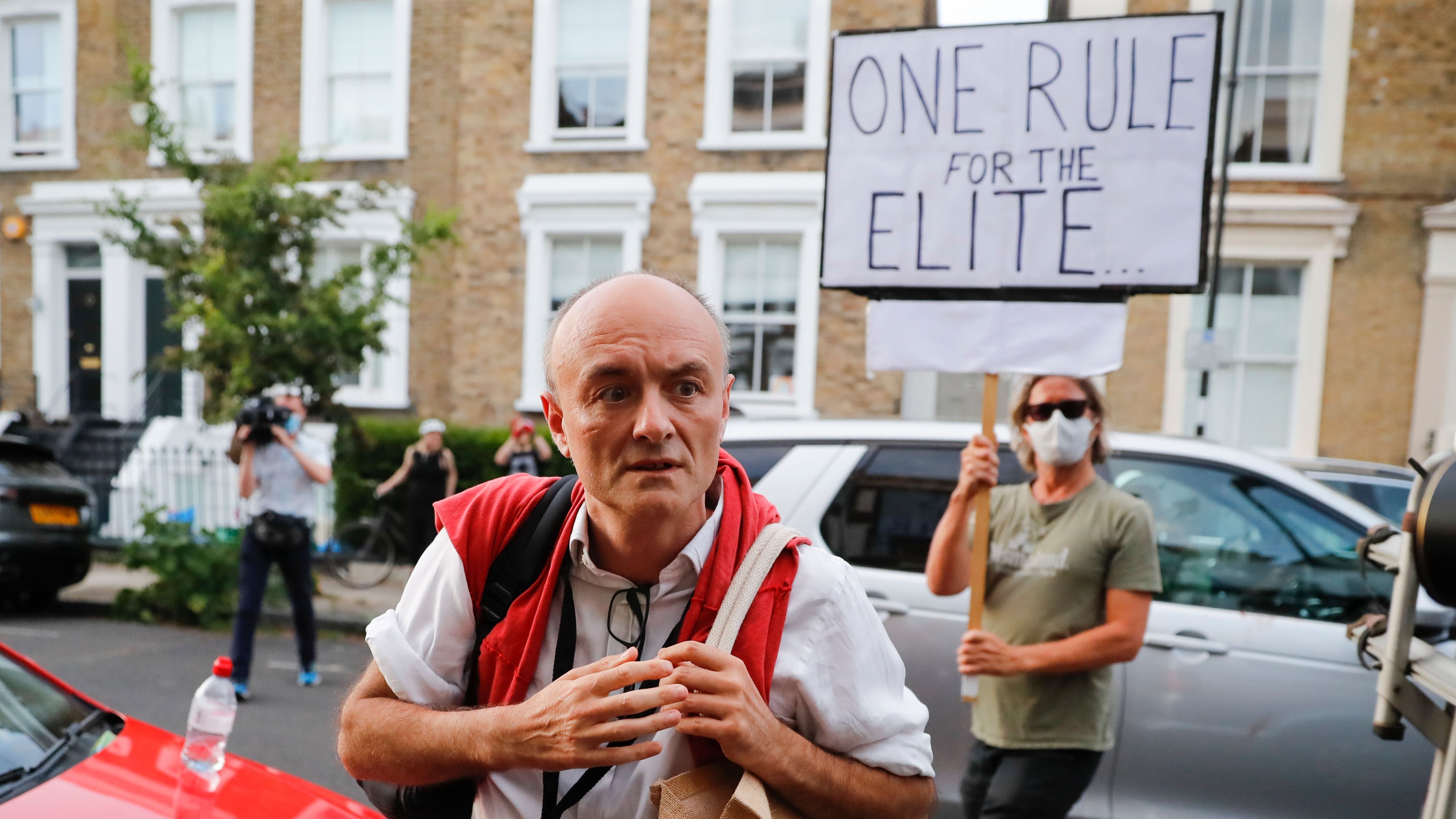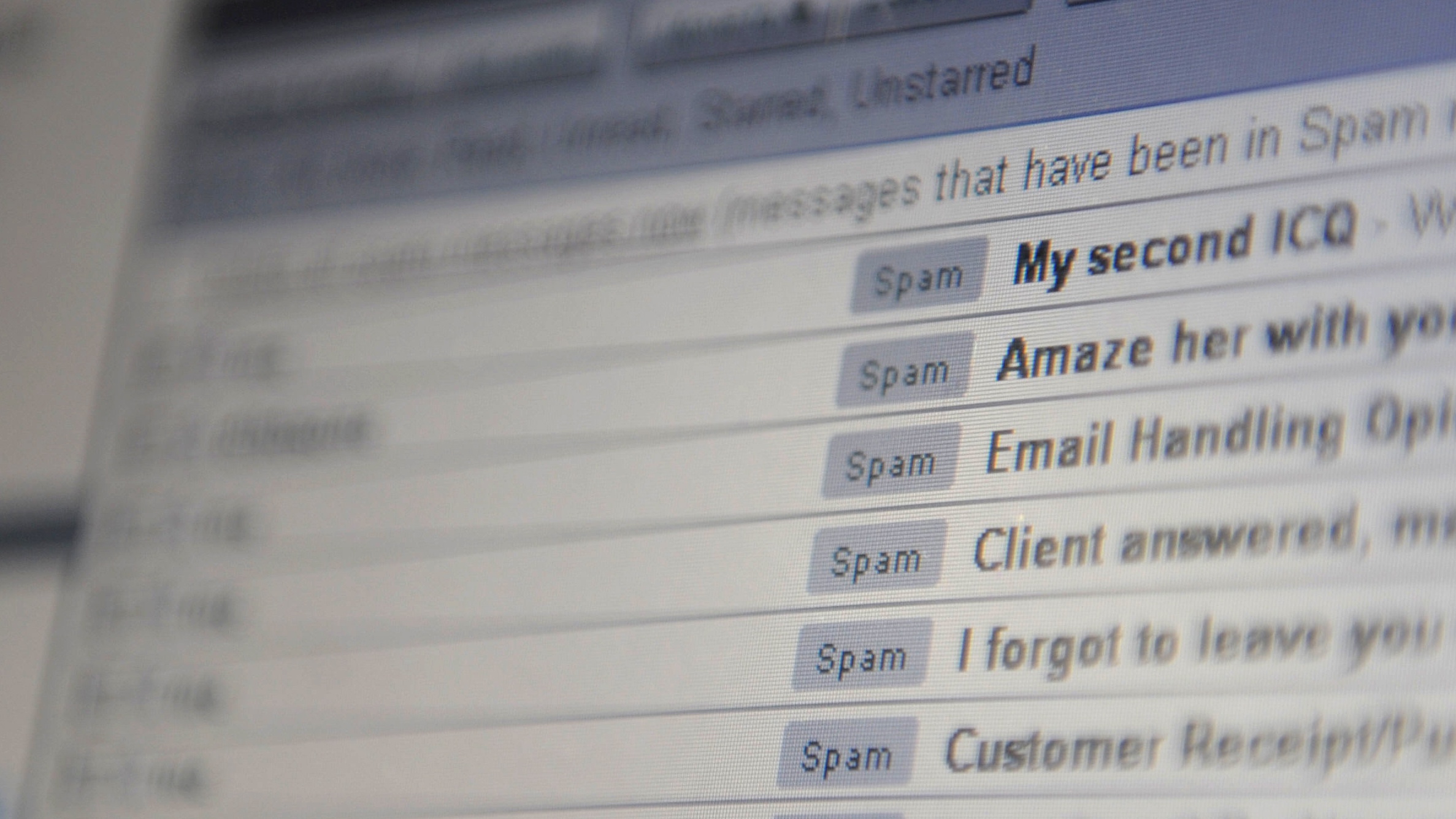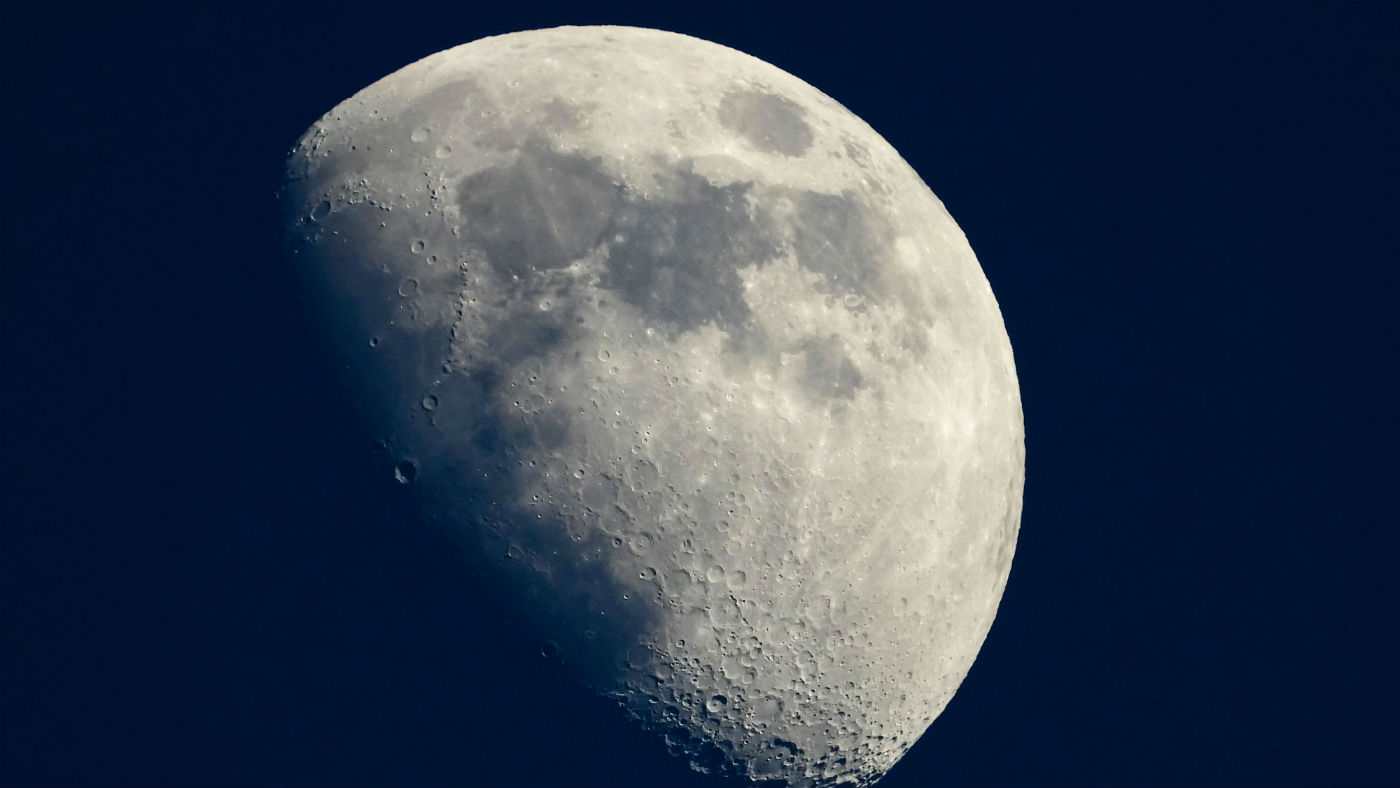Snapchat blocks Al Jazeera at Saudi government's request
Social media app caught in diplomatic dispute between Saudi Arabia and Qatar

A free daily email with the biggest news stories of the day – and the best features from TheWeek.com
You are now subscribed
Your newsletter sign-up was successful
Al Jazeera has accused Snapchat of censorship after the social media app blocked users in Saudi Arabia from viewing the broadcaster’s articles and videos.
Snap Inc, the company behind the popular app, says it did so at the request of the Saudi authorities, which claim Al Jazeera violated anti-cybercrime laws.
“We make an effort to comply with local laws in the countries where we operate,” a spokesperson said.
The Week
Escape your echo chamber. Get the facts behind the news, plus analysis from multiple perspectives.

Sign up for The Week's Free Newsletters
From our morning news briefing to a weekly Good News Newsletter, get the best of The Week delivered directly to your inbox.
From our morning news briefing to a weekly Good News Newsletter, get the best of The Week delivered directly to your inbox.
The Qatar-based broadcaster condemned the decision in a strongly-worded statement yesterday, accusing Snapchat of sending an “alarming” message that regimes “can silence any voice or platform they don’t agree with” by exerting pressure on the owners of international social media platforms.
“This action is a direct attack against freedom of expression and will have detrimental consequences to the media industry,” said Dr Mostefa Souag, Al Jazeera’s acting director-general.
The conflict is the latest example of a technology company being pinned in the crosshairs of geopolitics, says The Wall Street Journal reports. In June, Saudi Arabia and several of its Sunni allies cut diplomatic and transport ties with Qatar, accusing it of supporting terrorism.
Al Jazeera “has been a major focus of the spat”, with the bloc previously demanding that Qatar shut down the broadcaster, which it views as a mouthpiece for Islamist groups, says the Financial Times.
A free daily email with the biggest news stories of the day – and the best features from TheWeek.com
“Social media users have been driving public opinion during the dispute, using platforms such as Twitter to publish criticism that has deepened the divide across the Gulf,” the paper adds.
-
 The ‘ravenous’ demand for Cornish minerals
The ‘ravenous’ demand for Cornish mineralsUnder the Radar Growing need for critical minerals to power tech has intensified ‘appetite’ for lithium, which could be a ‘huge boon’ for local economy
-
 Why are election experts taking Trump’s midterm threats seriously?
Why are election experts taking Trump’s midterm threats seriously?IN THE SPOTLIGHT As the president muses about polling place deployments and a centralized electoral system aimed at one-party control, lawmakers are taking this administration at its word
-
 ‘Restaurateurs have become millionaires’
‘Restaurateurs have become millionaires’Instant Opinion Opinion, comment and editorials of the day
-
 Saudi Arabia could become an AI focal point
Saudi Arabia could become an AI focal pointUnder the Radar A state-backed AI project hopes to rival China and the United States
-
 How cybercriminals are hacking into the heart of the US economy
How cybercriminals are hacking into the heart of the US economySpeed Read Ransomware attacks have become a global epidemic, with more than $18.6bn paid in ransoms in 2020
-
 Language-learning apps speak the right lingo for UK subscribers
Language-learning apps speak the right lingo for UK subscribersSpeed Read Locked-down Brits turn to online lessons as a new hobby and way to upskill
-
 Brexit-hobbled Britain ‘still tech powerhouse of Europe’
Brexit-hobbled Britain ‘still tech powerhouse of Europe’Speed Read New research shows that UK start-ups have won more funding than France and Germany combined over past year
-
 Playing Cupid during Covid: Tinder reveals Britain’s top chat-up lines of the year
Playing Cupid during Covid: Tinder reveals Britain’s top chat-up lines of the yearSpeed Read Prince Harry, Meghan Markle and Dominic Cummings among most talked-about celebs on the dating app
-
 Brits sending one less email a day would cut carbon emissions by 16,000 tonnes
Brits sending one less email a day would cut carbon emissions by 16,000 tonnesSpeed Read UK research suggests unnecessary online chatter increases climate change
-
 Reach for the Moon: Nokia and Nasa to build 4G lunar network
Reach for the Moon: Nokia and Nasa to build 4G lunar networkSpeed Read Deal is part of the US space agency’s plan to establish human settlements on the lunar surface
-
 iPhone 12 launch: what we learned from the Apple ‘Hi, Speed’ event
iPhone 12 launch: what we learned from the Apple ‘Hi, Speed’ eventSpeed Read Tech giant unveils new 5G smartphone line-up